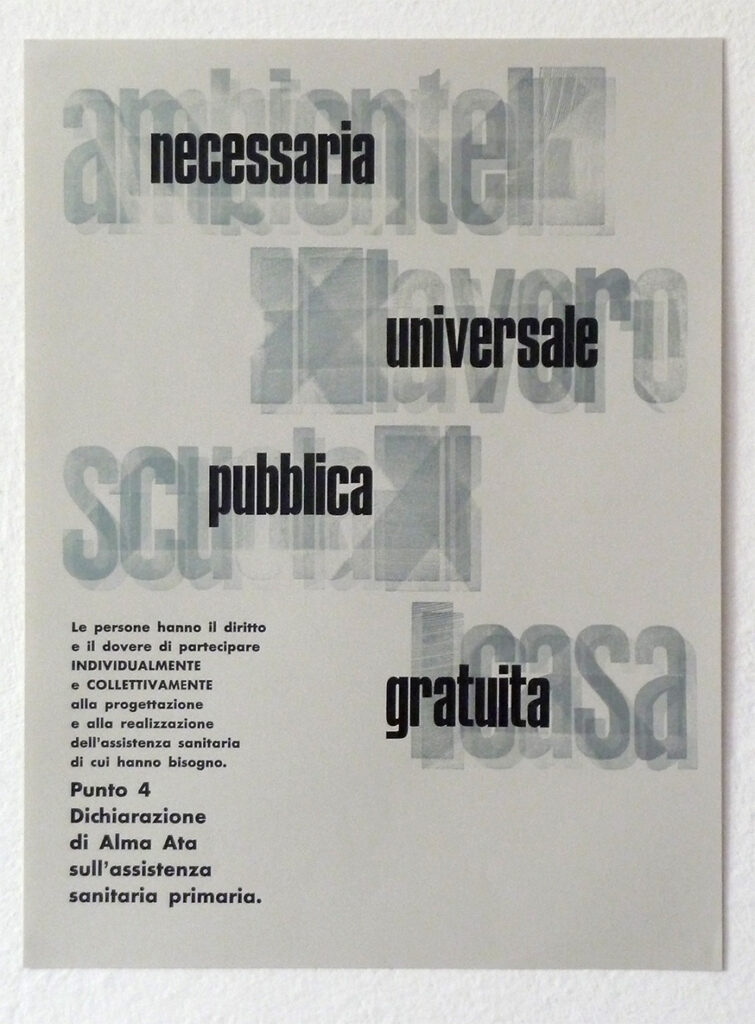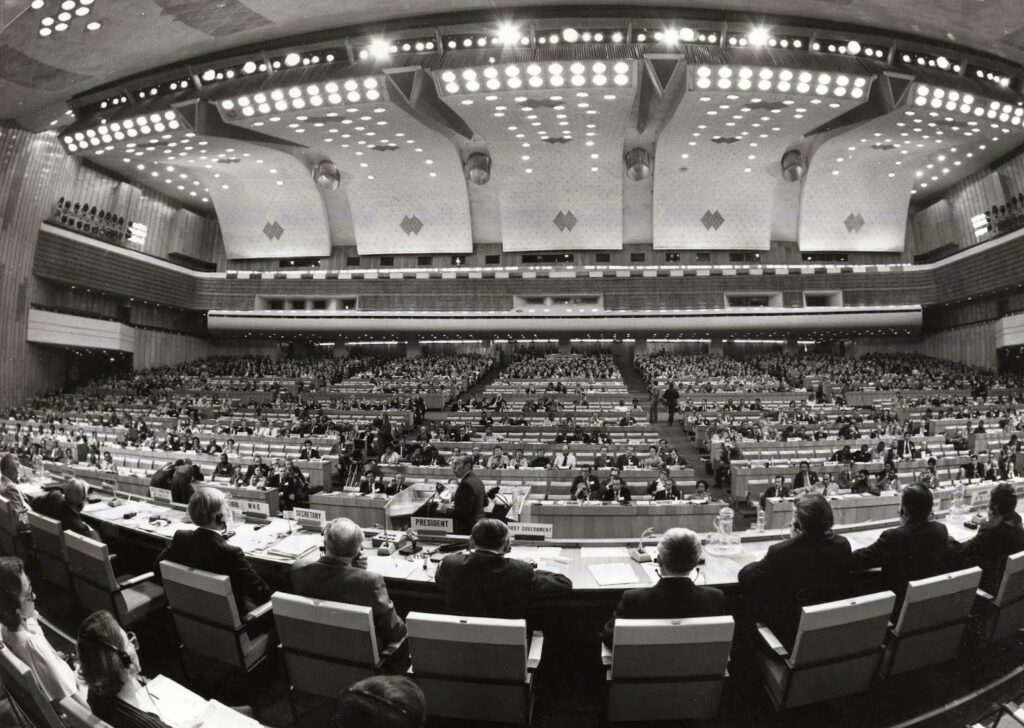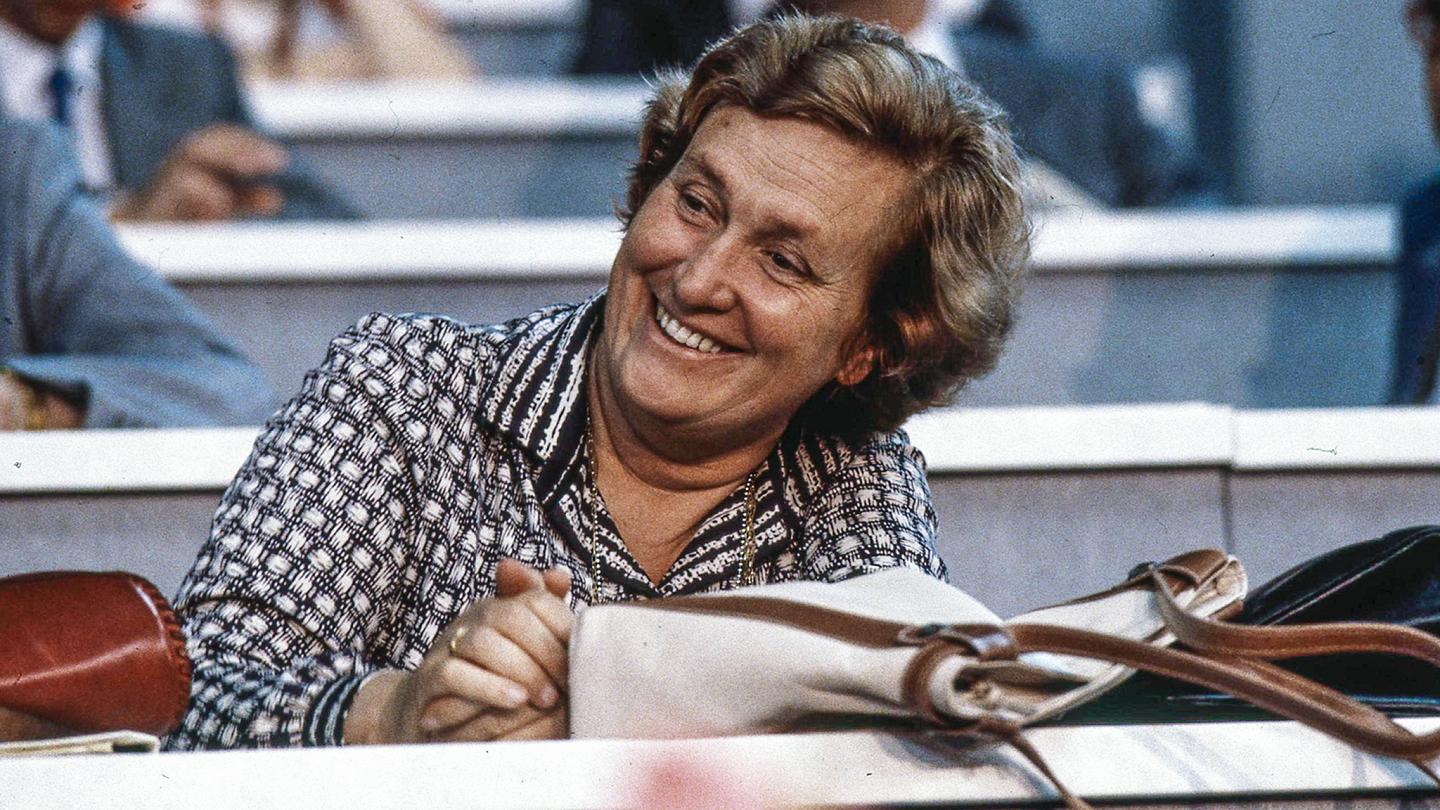Alma Ata
Il 1978 fu un anno cruciale per la salute mondiale. In primis in Italia dove, grazie alla spinta dei movimenti politici di allora e al testardo lavoro di alcuni parlamentari, venne fondato il Servizio Sanitario Nazionale. Prima di quella data la cura dei cittadini era affidata alle casse mutue, finanziate dai lavoratori delle rispettive categorie e rivolte solo a loro.
Certo, esistevano enti assistenziali per i più poveri però restava fisso il punto che l’assistenza sanitaria fosse un diritto subordinato al proprio ruolo “produttivo” e non un diritto imprescindibile in quanto essere umano.
Solo nel 1978, ad opera dell’allora ministra alla salute Tina Anselmi, venne soppresso il sistema mutualistico e istituito il SSN. Si trattò di una riforma epocale perché poneva la salute dei cittadini al centro della questione politica.
Salute intesa non solo come diritto alla cura ma, più in generale, come sicurezza dell’ambiente, del cibo, del proprio corpo
in rapporto agli altri. Caposaldo di questa visione il Sistema Sanitario Nazionale.
La riforma non venne mai completamente attuata e quasi subito iniziò quel lento lavoro di indebolimento delle strutture pubbliche a favore di quelle private che ha portato al collasso sanitario durante la pandemia.
Nello stesso anno, forse non a caso, ci fu anche la Conferenza di Alma Ata, in Unione Sovietica. Organizzata dall’OMS, ebbe al centro l’assistenza sanitaria primaria come diritto di ogni essere umano. Da quell’incontro, che aveva come motto Salute per tutti entro il 2000 nacque una dichiarazione in dieci punti, in cui si parlava si del diritto alla salute e del dovere di difenderla dagli interessi privati.
Quarantaquattro anni dopo quello slogan è sempre più lontano dall’essere raggiunto. Per questo, con alcuni amici/colleghi ho fatto partire Art32, una campagna sociale che vuole porre al centro del discorso pubblico la salute come diritto universale e la necessità di difenderla dagli interessi del capitale.
Oltre alla parte ideativa e organizzativa, ognuno di noi ha realizzato un proprio poster e, come per UDHR, il mio non è altro che la riproposizione, con alcune lievi differenze, di un poster realizzato in letterpress.
Nel lavoro di ricerca fatto, la Dichiarazione di Alma Ata mi ha colpito molto, soprattutto per il legame intriseco che vede la salute come un diritto e un dovere al tempo stesso. Per questo ho deciso di usare il quarto punto, quello più chiaro e, credo, coinvolgente. Perché difendere la propria salute vuole dire difendere quella di tutti.


1978 was a crucial year for world health. First of all in Italy, where, thanks to the political movements and the stubborn work of some parliamentarians, the National Health Service was founded. Before that date, the care of citizens was entrusted to health insurance funds, financed by the workers of the respective categories and aimed only at them.
Of course, there were welfare institutions for the poorest, but the point remained: the health care was a right subordinate to one’s ‘productive’ role and not an essential right as a human being.
It was only in 1978, thanks to the then Health Minister Tina Anselmi, that the mutual system was abolished and the SSN established. This was an epoch-making reform because it placed the health of citizens at the centre of the political issue.
Health was understood not only as the right to treatment but, more generally, as the safety of the environment, of food, of one’s own body in relation to others. The cornerstone of this vision was the National Health System.
The reform was never fully implemented and almost immediately began that slow work of weakening public structures in favour of private ones, which led to the health collapse during the pandemic.
In the same year, perhaps not coincidentally, there was also the Alma Ata Conference in the Soviet Union. Organised by the WHO, it focused on primary health care as the right of every human being. From that meeting, which had as its motto Health for All by the Year 2000, came a ten-point declaration, which spoke of the right to health and the duty to defend it against private interests.
Forty-four years later, that slogan is still far from being achieved. That is why, with some friends/colleagues, I started Art32, a social campaign that aims to put health as a universal right and the need to defend it from the interests of capital at the centre of public discourse.
In addition to the conceptual and organisational part, each of us created our own poster and, as in the case of UDHR, mine is nothing more than a re-presentation, with some slight differences, of a poster made in letterpress.
In the research I did, the Alma Ata Declaration struck me as very interesting, especially because of the intrinsic link between health as a right and a duty at the same time. That is why I decided to use the fourth point, the one that is the clearest and, I believe, the most engaging. Because defending one’s own health means defending the health of everyone.





